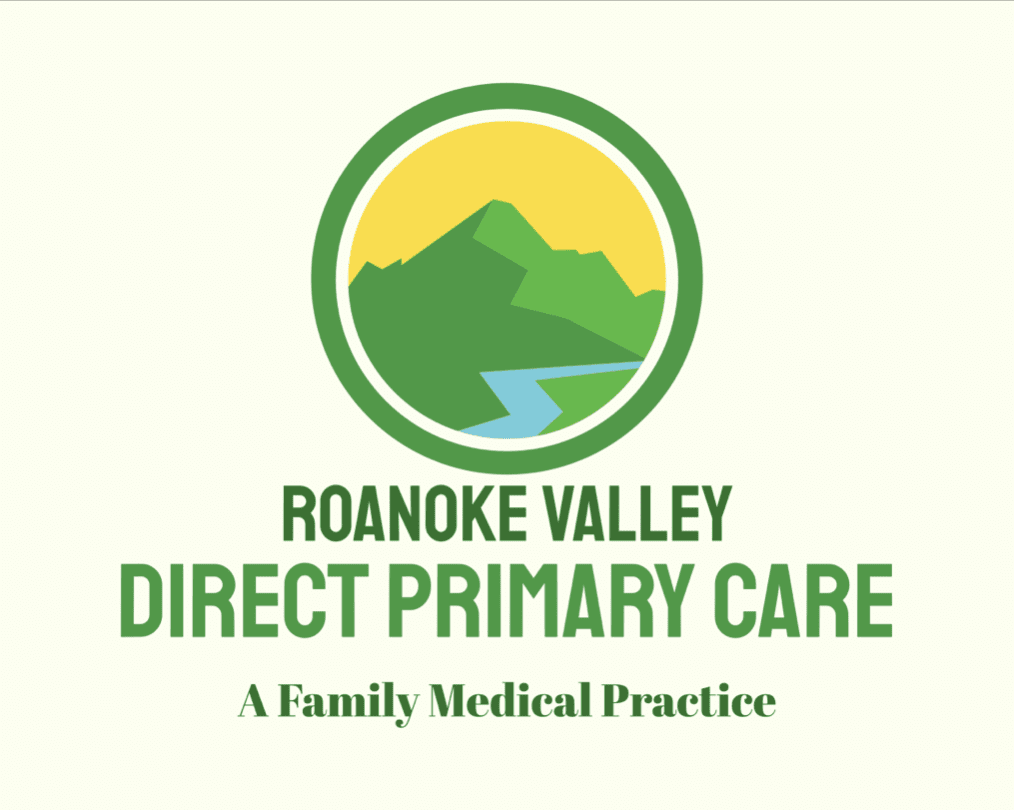R Parker Slayton, MD
Roanoke, Virginia
Direct Primary Care
The Direct Primary Care (DPC) model is a practice and payment model where patients pay their physician or practice directly in the form of periodic payments for a defined set of primary care services. DPC practices typically charge patients an affordable flat monthly fee, under terms of a contract, in exchange for access to a broad range of primary care and medical administrative services.

About Us
With the leadership of our medical doctor, Russell Parker Slayton, we provide comprehensive primary healthcare for individuals and families. With this low-cost model based on transparent pricing and convenient accessibility, we focus on high quality medical care for patients.
Experience Personalized Care Directly From Your Doctor
Preventive Health
Preventive medicine holds the key to long term health. We provide vaccinations, cancer screenings, physical exams, skin cancer screenings, Pap smears, lab screenings, and more.
Mental Health Care
Most mental health conditions can be managed by your primary care doctor. We treat depression, anxiety, OCD, PTSD, insomnia, and grief reactions. We can collaborate with a psychiatrist to manage bipolar disorder and psychotic disorders.
Acute care
We are accessible for your acute care needs including injuries, lacerations, infections, and numerous other acute problems. This innovative primary care model allows for excellent access to your doctor when it is needed the most.
Have your Annual Physical exam here at Roanoke Valley Direct Primary Care
Why Choose Direct Primary Care?
A direct primary care physician serves their patients on an individualized basis. Unlike traditional primary care, you’re more than another scheduled appointment. Patients are given greater access to care for their direct needs. Traditional primary care clinics are often scheduling months away for initial visits and sometimes take weeks for follow up visits. Direct Primary Care allows for prompt appointments, longer appointment times, and personalized care directly from your physician.
Learn more about Direct Primary Care below.

